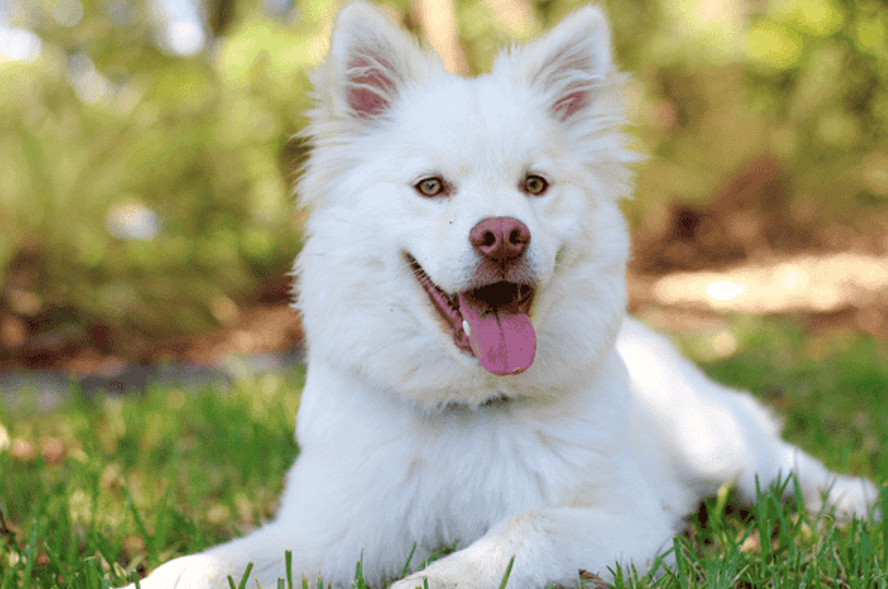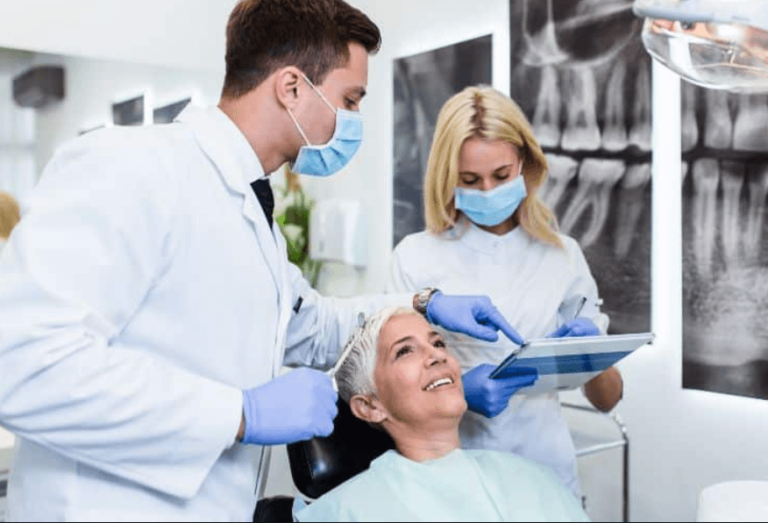How Does Collagen Benefit Animals beyond Joint Health
Collagen is a naturally found structural protein in the animal’s skin, bones, and connective tissue. Although collagen is most known to be related to joint function, the advantages of collagen go far beyond movement. Pet owners and veterinarians have increasingly sought in recent years how collagen supplements for dogs can promote general health. From skin integrity to gastrointestinal balance, collagen has a multitude of roles to play in the health of animals, particularly if added as a strategic ingredient of a pet’s routine.
Collagen’s Role in the Animal Body
Collagen is a matrix that provides tissues with elasticity and strength. It is the most prevalent protein in mammals and makes up approximately 30% of proteins in the body. In canines, collagen plays a role in ensuring the normal functioning of the ligaments, tendons, skin, and gastrointestinal tract. When the natural rate of collagen synthesis diminishes as a result of aging or trauma, animals begin exhibiting physical changes that detract from their quality of life.
Supplementation with a canine collagen supplement can complete the body’s existing collagen framework. While most frequently referenced in relation to joints and movement, collagen has a number of other roles in terms of the health of a canine.
Skin and Coat Support
One of the lesser-known advantages of collagen is its effect on skin health. As a dog grows old, its skin becomes thinner and more likely to dry out or get irritated. Collagen is present in the dermis the dermal layer of the skin, which happens to be the thickest layer. By adding a collagen supplement for dogs to their regular diet, a number of pet owners report that their dog’s skin looks moist and less sensitive over time.
Besides providing skin structure lending, collagen provides a shiny and healthy coat. Seasonal shedding or dull coats in dogs may be helped by the proteins and amino acids in pure collagen supplements.
Gut and Digestive Health
Another location where collagen plays a role is in the gastrointestinal (GI) tract. The lining of the gut consists of epithelial cells that are reinforced by collagenous connective tissue. The gut lining is involved in the absorption of nutrients as well as the removal of waste.
If the GI lining is compromised, dogs experience abnormal digestion, distress, or food hypersensitivity. Some owners attempt the use of collagen supplements in dogs to ensure normal gut barrier function. Collagen improves digestion and nutrition by maintaining the integrity of the structure of the GI tract.
Ligament and Tendon Integrity
Ligaments and tendons are fibrous structures that link muscles and bones. Diseases like CCL in dogs (damage to the cranial cruciate ligament) are prevalent, especially among active or older dogs. The CCL is analogous to the ACL in human beings and is of key importance in supporting the knee joint.
When injuries of the CCL happen in dogs, they can be painful, less active, or change their gait. Owners incorporate collagen supplements for dogs as part of a comprehensive regimen to facilitate healing of soft tissues. Collagen can be involved with the strength and resilience of tendons and ligaments, including those that are part of the CCL in dogs.
While supplements are not a substitute for veterinary care, they can be a part of a total strategy for keeping connective tissue functioning properly.
Oral and Dental Health
Another frequently underrated attribute of collagen is how it affects oral and dental health. Collagen is present in gum tissue and helps hold teeth to the jawbone. With increasing age, upkeep of oral structure becomes more crucial to general health and comfort.
A dog collagen supplement could enhance resistance of the gums, particularly in sensitive breeds. Collagen could be beneficial in soft tissue stability in the teeth, leading to better oral health.
See also: Stay Informed with WWW Healthsciencesforumcom: A Hub for Health Sciences Professionals
Wound Healing and Tissue Repair
Because collagen is essential for connective tissue wound healing, it must therefore be beneficial in the process of wound healing. Whether caused by trauma, skin reaction, or surgery, dogs recovering from tissue injury need a sufficient amount of protein and collagen to restore their original barriers.
Pet owners in charge of recuperation from such an injury as CCL in a dog may incorporate collagen into the recuperation plan of their animal alongside physical therapy, rest, or vet care. Since collagen is a component of connective tissue, it promotes tissue regeneration in any area of an animal’s body.
Selecting an Appropriate Collagen Supplement
When choosing a collagen supplement for your pet, look for the source, growth, and purpose. Hydrolyzed collagen, or collagen peptides, is easier to digest and absorb. Make sure the label clearly indicates where it comes from, and consult with a veterinary professional before bringing any new supplement routine into your pet’s life.
Also, it is always preferable to seek products specifically intended for dogs and not as human supplements. Some products also combine collagen with other useful ingredients like glucosamine or amino acids.
Final thoughts
Collagen affects numerous systems of animal bodies beyond joints. From structure to coat and skin support to integrity of the gastrointestinal tract and oral health, a supplemented program with collagen can add to general canine health and vitality. In structurally rehabilitating the kind of animal that CCL is in the dog, collagen might be a consideration as part of a holistic healing plan.
One of the products developed for these general benefits is OptiWize Collagen Plus, which is developed based on animal-specific requirements and collagen sources. No supplement can replace good veterinary advice, but supplementing your pet with collagen may do your pet some general health benefit beyond the joints.






